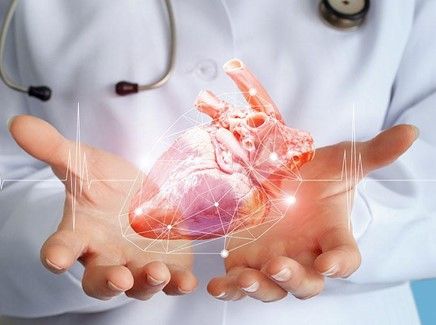Cardiovascular Surgery Treatements
Cardiovascular surgery treats diseases and conditions of the heart and the blood vessels of the entire body. Common cardiovascular procedures include coronary bypass surgery, aortic or mitral valve replacement or repair, and aneurysm repair.
A surgical procedure to correct irregular heart rhythms such as atrial fibrillation or ventricular tachycardia.
Congenital heart surgery corrects heart defects present at birth, improving heart function and overall health.
A surgical procedure used in which the blocked portion of the coronary artery is bypassed with another piece of blood vessel.
A surgical option to treat advanced heart failure, a condition that occurs when the heart can’t pump enough oxygenated blood to meet the needs of the body’s organs.
Cardiac resynchronization therapy
Cardiovascular disease prevention
Carotid angioplasty and stenting
Carotid endarterectomy
Congenital heart disease surgery
Coronary bypass surgery
Heart transplant
Heart valve surgery
Implantable cardioverter-defibrillators (ICDs)
Lung transplant
Lung volume reduction surgery
Minimally invasive heart surgery
Cardiologists and cardiac surgeons work with a team of doctors trained in many areas to determine the most appropriate treatment for individual needs.
Aortic root surgery
Aortic valve repair and aortic valve replacement
Atrial fibrillation ablation
Atrial flutter ablation
Cardiac ablation
Cardiac catheterization
Cardiac rehabilitation
LVAD is a heart pump implanted to aid the left ventricle in pumping blood, used for severe heart failure cases.
A technique that provides the heart with a more normal shape after a heart attack, allowing it to pump blood more efficiently.
Myectomy removes heart muscle tissue in conditions like hypertrophic cardiomyopathy, while myotomy cuts muscle tissue for various medical reasons, like improving esophageal or urinary function.
A procedure used to relieve severe angina or chest pain in patients who aren’t candidates for bypass surgery or angioplasty.


